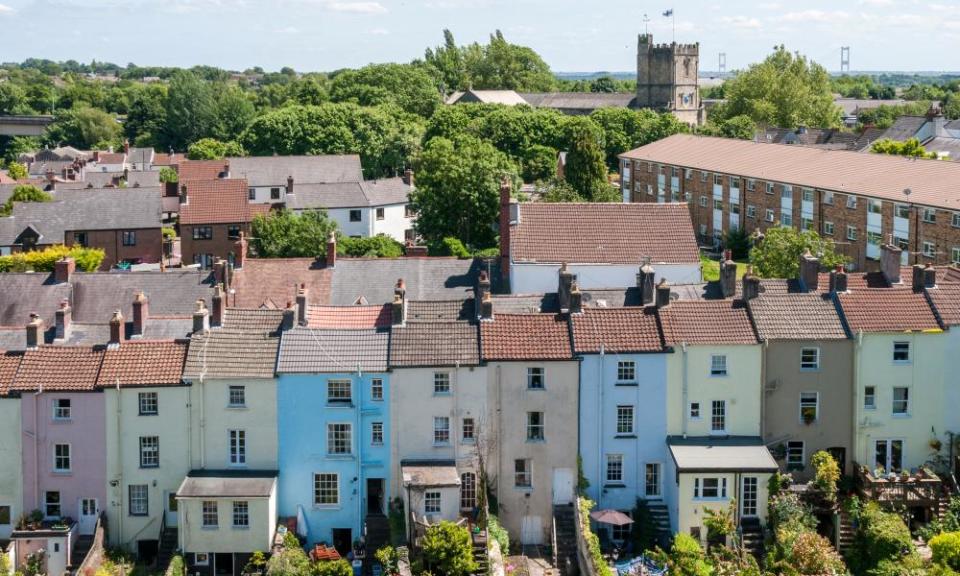Should I buy a house within budget or stretch myself for a long-term place?

I am a first-time buyer and currently renting but my savings are not keeping up with prices
Q I am a single first-time buyer in Wales and am struggling to get my foot on the housing ladder.
I am currently 29, have saved up £50,000 and think the maximum mortgage I could get by myself is £140,000. I currently rent a house from friends, so have been able to save a bit each month, but I am very aware that my savings are not keeping up with house prices or inflation.
As in many places, the property market has ballooned here and there are very few houses for sale within my price range. The ones that are in my price range aren’t where I want to live long term and don’t look particularly easy to sell on, which concerns me.
I am now considering whether I should borrow more money from my parents to bolster my deposit and stretch for a £210,000 property so I can buy something that gives me more options such as renting out a room or Airbnb. However, I am concerned that with wages stagnating and interest rates and the cost of living set to rise that things could get financially sticky. There’s also the property price bubble.
I appreciate that you need a crystal ball to answer these with certainty but my questions are: am I better off buying something within budget or stretching myself for something that I want to live in longer term? Or am I better off waiting, continuing to rent and investing my money elsewhere?
AN
A There is one thing I can say with total certainty: you shouldn’t buy in an area where you don’t want to live long term and where you think properties don’t look easy to sell on. If you did, you would regret it.
I can also be certain that in purely financial terms you are better off upfront buying something within your original budget. If you stay within budget and buy a property costing £190,000 (your deposit of £50,000 plus a mortgage of £140,000) you will pay £350 in land transaction tax (LTT) – the equivalent of stamp duty land tax in Wales. If you buy a £210,000 property, your LTT bill will be £1,050. Note that Wales doesn’t have first-time buyer relief from LTT whereas first-time buyers in England do get SDLT relief on the first £300,000 of the price of a property costing up to £500,000.
However, if stretching your budget would mean that you could buy somewhere where you would be happy to live for several years – especially if it meant that you could have a lodger, for example, who could help with the extra cost – it could make more financial sense in the long term.
While I don’t think it’s wise to compromise on buying in an area you would be happy to live, you may need to make compromises in other aspects. Would you be prepared to buy a flat rather than a house, for example? If you would be happy in a new-build property, would you consider stretching your budget by making use of the Help to Buy Wales scheme which runs until March 2023 (but doesn’t let you sublet any part of the property)?
Finally, it might cheer you up to know that the mortgage lender Halifax’s crystal ball suggests that house prices may rise by only 2% in 2022 or even not rise at all. So waiting before you buy shouldn’t be too detrimental if an afternoon with your calculator shows that stretching your budget isn’t an option.
• Want expert help finding your new mortgage? Use our new online tool to search thousands of deals from more than 80 lenders with the Guardian Mortgage Service, powered by L&C.

 Yahoo Movies
Yahoo Movies 